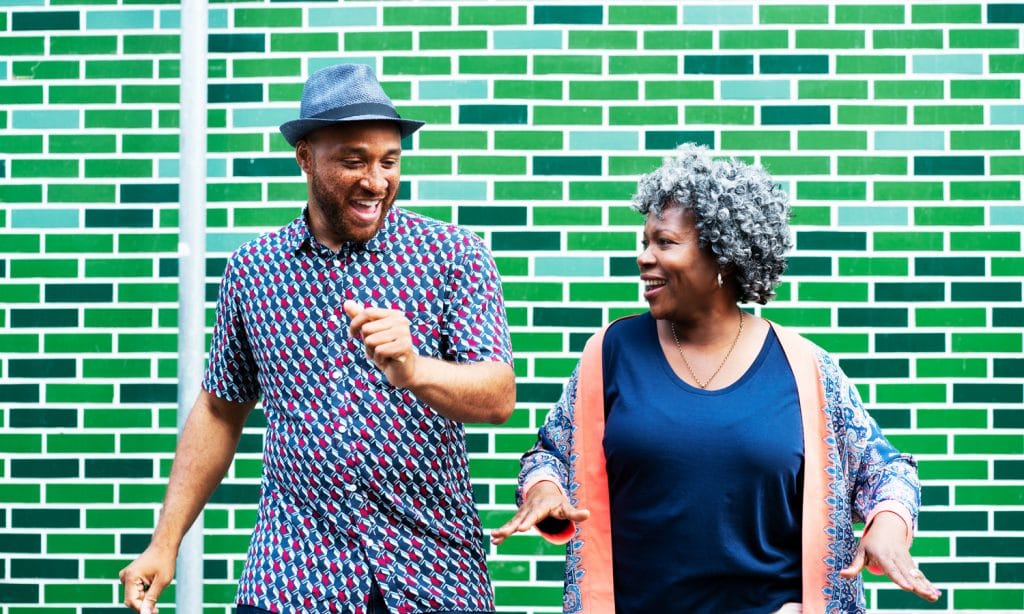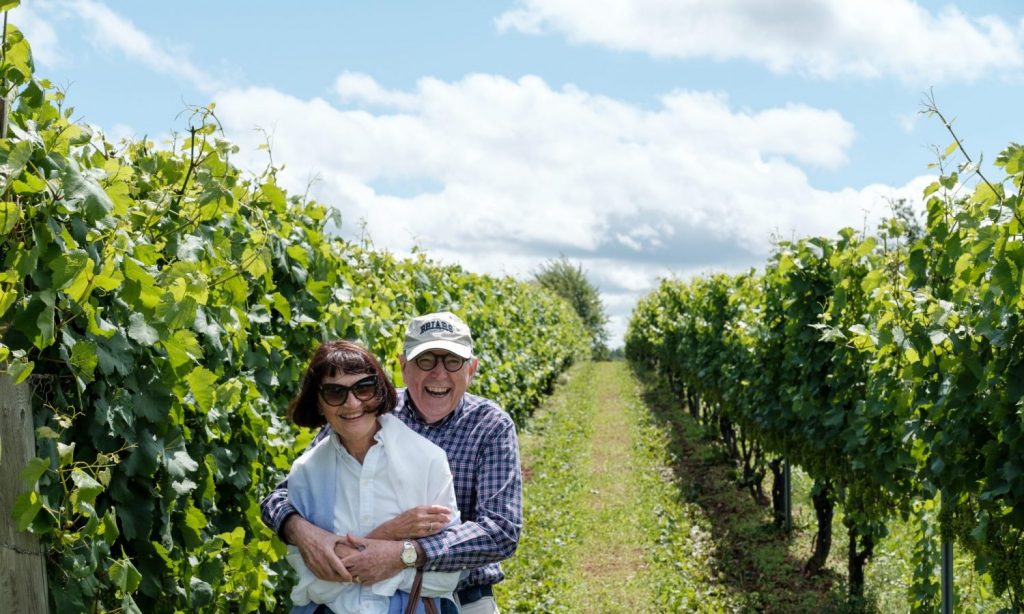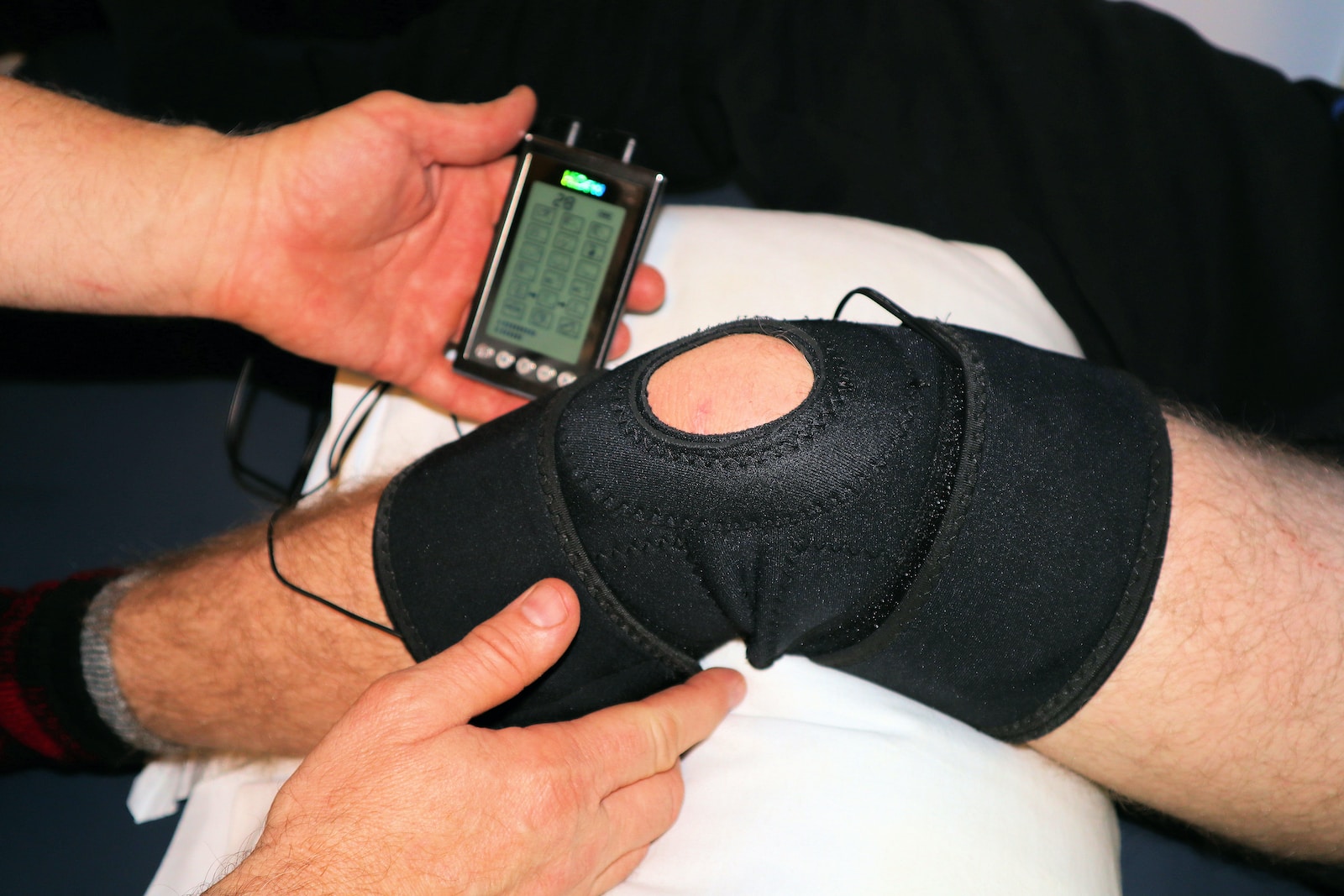Older adults who deserve to have every comfort at this last stage of their lives are conditioned by their experience many years ago to remain silent, even in an epidemic of chronic pain.
The misconceptions about cannabis began in the 1930s caused a massive stigma for the plant-based drug. This stigma is still present now, especially in the population that makes up those generations. Seniors want to try marijuana for pain, but the misconceptions of past prevent them from relieve of today. The American Medical Association acknowledges medical marijuana can help patients.
At least 40% of Americans who are above the age of 65 are suffering from several types of pain. Some experience it for a short while, while others have long-term pain.
For seniors above the age of 80, about 75% suffer from chronic pain, especially the ones in assisted living quarters like nursing homes.

Many patients are manage conditions like hip and knee pain, insomnia, cancer, and other tough conditions. Some are also recuperating after major surgeries and are in long term pain. Analgesics do little to relieve pain after continuous use, and people have certainly used the drugs continuously over their long rich lives.
It’s time seniors, as well as their guardians and caregivers, come to terms with the therapeutic benefits from cannabis plants.
Senior Citizens and Cannabis Stigma
When cannabis prohibitions began in the 1930s, the seniors of today were just children. From the onset of their lives, they had it ingrained in them that cannabis was an evil of society. This continued till the mid-1900s when they also instilled the same messages in their children.
The government portrayed cannabis as an ill of society which shouldn’t be condoned, and to these seniors, it has remained an evil of society.
Yes, they may have heard the news about the decriminalization of cannabis in their state of residence, but they still consider it an illegal substance. In a survey carried out by Gallup some weeks ago, less than 19% of Americans above the age of 75 say they have tried using cannabis at some point in their lives. This is how low the acceptance of the drug is among that group.
For the children born in the ’60s, many have taken steps to register in medical marijuana programs. Quite a few of these “grandfolks” bring up topics about marijuana discreetly, as though they feel they are still breaking the law.
RELATED: OK, Boomer: Marijuana Use On The Rise Among Older Adults
The cannabis stigma is worse in senior Americans who are also persons of color. They went through traumatizing episodes due to the War on Drugs and have been left at a disadvantage since then. For most of these seniors, their minds have been conditioned that cannabis use is followed by destruction.
American Seniors Deserve More
Nobody — young or old — deserves to suffer from chronic pain, Especially when effective medical cannabis drugs have been approved for treating such conditions.
Older adults who deserve to have every comfort at this last stage of their lives are conditioned by their experience many years ago to remain silent, even in an epidemic of chronic pain.

Aging itself comes with varying degrees of aches and pains, and all these are compounded by social isolation, insomnia, dementia, disability, and even depression. The current data of senior adults refusing medical marijuana treatment is bothersome. As they choose to remain in pain instead of seeking relief.
Addressing the Crisis
Had it been that these older adults could tolerate NSAIDs, the silent crisis may not have been as serious as this. Drugs like acetaminophen, naproxen, and ibuprofen have intense aftereffects on the body organs of senior citizens. Many who can withstand opioids have managed with it. However, opioids are not sufficient enough to resolve the problem, not to mention the high risk of addiction involved.
Now is the right time for medical marijuana programs to pass on information to the senior generation about the benefits of plant-based medicines like cannabis. Caregivers should also be taught about the non-addictive nature of cannabinoids.
Resolving Cannabis Propaganda, Stigmatization, & Prohibition
At this present time, medical obstacles such as these should not be a thing. The fear-mongering and propaganda these American seniors were subjected to back then are seriously holding them back from accessing what they need the most.
The federal prohibition of cannabis Is one of the factors that make these older people believe that cannabis consumption is likely to harm them. It seals their life-long belief that cannabis remains a threat to public safety. These old folks can’t be blamed for being wary of plant-based medication because of what they’ve been programmed to believe.

Hillary Lum, a pediatrician and associate professor at the University of Colorado School of Medicine, said that many of these senior citizens are fearful, and sometimes ashamed whenever they ask about cannabis. In a survey carried out by Lum, and published in 2019, “30% of older adults didn’t answer the question about whether or not they used medical marijuana,” said Lum. “If people feel uncomfortable with it on an anonymous survey, they may also feel uncomfortable telling their doctor. That could have ramifications for their health.”
RELATED: 6 Ways Cannabis Can Improve The Life Of Seniors
Older Americans can first be introduced to the wonders of CBD instead of cannabis. Many may show interest in trying CBD to manage their symptoms. Health departments have to make informed medical counsels available at all times for these residents. Safety assurance and access to the drug also have to be made stress-free to encourage these seniors to opt into the treatment.
More Cannabis Research
Medical personnel occasionally lay complaints about being unable to recommend cannabis drugs due to the minimal clinical research carried out in the field.
Even in states that have legalized the medical use of cannabis, doctors have not been fully briefed about the impacts and risks of cannabis use. Due to this, most of these doctors refuse to prescribe medical cannabis to patients suffering from serious conditions.
RELATED: We Don’t Talk Enough About Cannabis And Its Effect On Senior Sex
An example is Texas. The state has over 43,000 doctors and only 150 are registered members of the medical cannabis program. There’s no easy way an uninformed doctor would be able to convince a senior citizen that plant-based drugs can serve as effective treatments.
Federal decriminalization of cannabis will be the most effective way to convince senior citizens and their caregivers that cannabis is their best choice to get relief. Health care providers, journalists, celebrities, family members, caregivers, and older Americans have to speak up about the benefits of cannabis as a reliable pain reliever for Americans. This could incentivize governments to bring barriers down.


